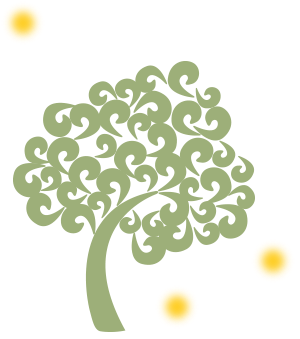
What is Depression?
Depression is a mental illness that affects a person’s mood. Mood can affect the way a person feels and thinks about himself or herself, relates to others, and interacts with the world around them. Without treatment, depression can last for a long time. Depression is much more than “feeling blue”.
Signs of depression include feeling sad, worthless, hopeless, guilty, or anxious over relatively prolonged periods of time. People may lose interest in things they used to enjoy and feel angry or irritable. Depression can make it hard to focus on tasks and remember information, making it hard to concentrate, learn new things, or make decisions. Depression can affect eating and sleeping, and some people with depression may experience physical pain.
Many factors such as age, gender and experiences can also impact how people experience depression. Depression characteristics are unique to each person with depression; therefore the approaches to treatment must be tailored to each individual.

How can therapy help with Depression?
Cognitive-behavioural therapy (or ‘CBT’) is a common form of therapy used to treat mood disorders. CBT teaches you how your thoughts, feelings, and behaviours work together. CBT also teaches important skills like solving problems, managing stress, realistic thinking, and relaxation. CBT is often the first treatment to try if you experience mild or moderate problems with depression. Mindfulness-based Stress Reduction Therapy is also helpful in managing stress and in relaxation.





